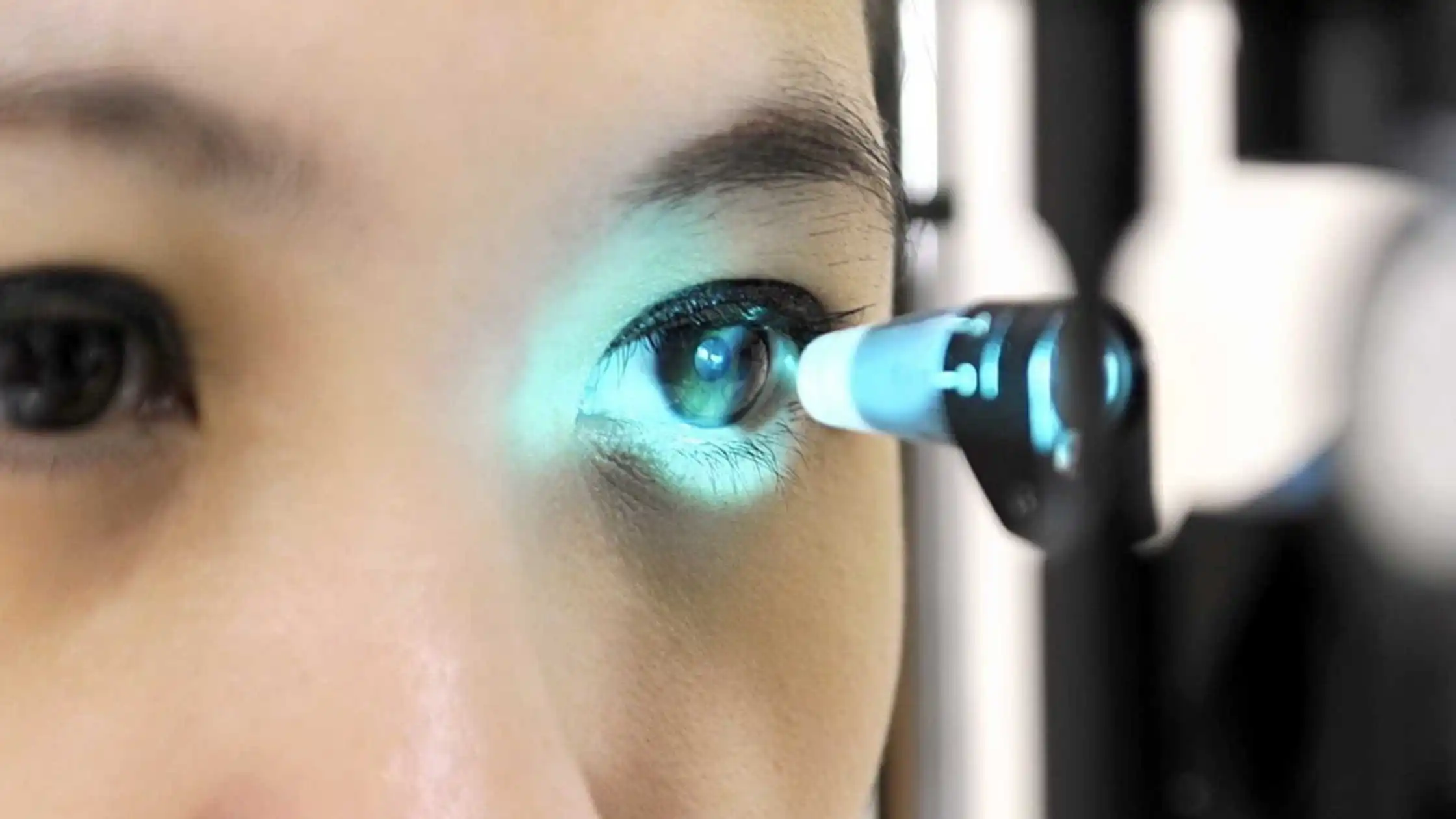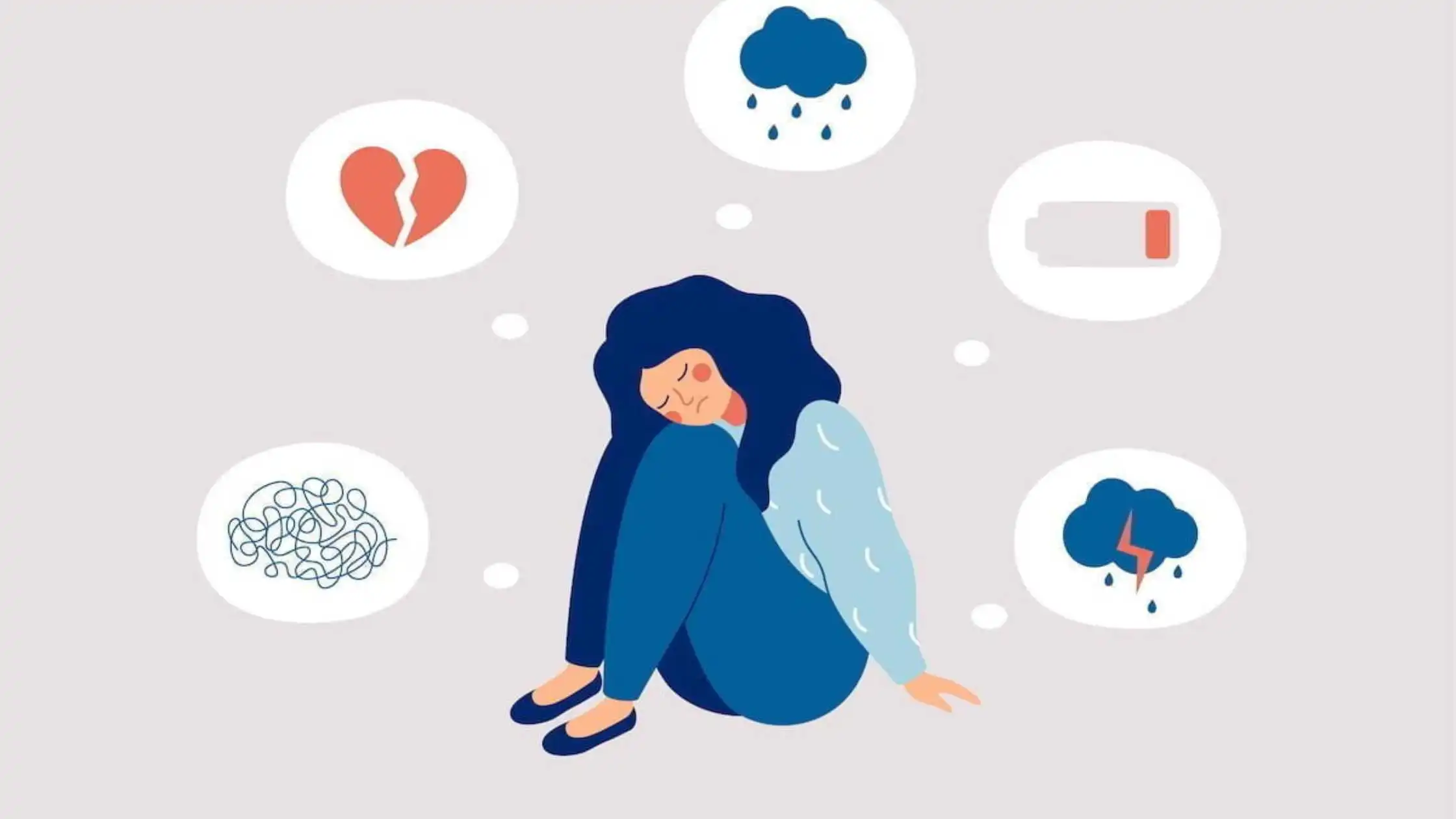Cannabis is now prescribed for a wide range of physical and mental health conditions.
Medical cannabis has been legal in the UK since 2018 and is now prescribed for a wide range of physical and mental health conditions.
Medical cannabis was legalized in 2018, and despite a relatively slow start, there are now upwards of 10,000 patients with around 17 private clinics prescribing in the UK and on the islands of Jersey and Guernsey.
While many people associate cannabis with the high-profile cases of children with intractable epilepsy, it is more often prescribed for chronic pain and psychiatric conditions.
According to data from Drug Science’s observational study, Project Twenty21, out of more than 2,000 patients, 50 percent are prescribed cannabis for pain, closely followed by anxiety (31 percent).
However, the list of conditions for accessing a prescription is more extensive. In part one of two, we explore some of those here.
Cancer
Cancer-related pain
While research is still ongoing into whether cannabis may help treat the cancer itself, it can certainly provide some relief for the symptoms. Chronic pain affects up to half of cancer patients during their treatment, and a medical cannabis prescription could help to manage it without or alongside opioids.
Palliative care
Many patients report experiencing ‘brain fog,’ extreme fatigue, or nausea during end-of-life care and may also struggle with anxiety or depression.
Cannabis may be a preferable option to opioids to manage pain, as it won’t prevent them from interacting with their loved ones or engaging in activities they enjoy.
Chemotherapy-induced nausea and vomiting
Many cancer patients undergo chemotherapy, and while it can be life-saving, the side effects are not pleasant. Medical cannabis patients find that THC helps reduce nausea and vomiting and may help them maintain an appetite.
Gastrointestinal conditions
Crohn’s disease and Ulcerative colitis
Crohn’s disease and ulcerative colitis are inflammatory bowel disease (IBD) types that cause the body’s immune system to attack itself. UC only affects the colon, but Crohn’s can occur anywhere in the digestive tract.
Cannabis may be beneficial for those who have Crohn’s or ulcerative colitis, as it helps to reduce inflammation and manage pain while also improving appetite.
Pain
Arthritis
Arthritis, inflammation, and joint pain affect around 10 million people in the UK. Although there is no cure, cannabis medicines can both help control inflammation and rebalance the body’s endocannabinoid system to regulate its immune response. Patients report that cannabis helps ease the tension and rigidness of the joints and dials down the pain.
Ehlers-Danlos syndromes
Ehlers-Danlos syndrome (EDS) is a group of rare inherited conditions that affect connective tissue, which supports the skin, tendons, ligaments, blood vessels, internal organs, and bones.
As well as helping patients manage the pain of living with this condition, cannabis may help with other symptoms, such as gastroenterological, digestive, and gynecological issues. Taking cannabis medicines can be extremely helpful for some EDS sufferers and can lead, in some cases, to a marked improvement in quality of life.
Endometriosis
Endometriosis is a condition in which tissue similar to the lining of the womb starts to grow in other places, such as the ovaries, fallopian tubes, and even other organs. The main symptoms of endometriosis are abdominal pain, pain during or after sex, pain when peeing or passing a bowel movement during your period, feeling sick, constipation, diarrhea, or blood in your urine during your period.
Cannabis may help with many of these, with patients reporting that women said that along with reducing pain, they felt that cannabis significantly reduced symptoms of nausea and vomiting, gastrointestinal symptoms, problems with their sleep, and feelings of depression and anxiety.
Fibromyalgia
Fibromyalgia is a long-term condition that causes pain all over the body. The potentially debilitating effects can include headaches, irritable bowel syndrome (IBS), brain fog, muscle stiffness, extreme fatigue, increased and acute sensitivity to pain, and difficulty sleeping, amongst many others.
Medical cannabis can help manage pain, as well as improve sleep so the patient experiences less brain fog and fatigue the next day.
Migraine
A migraine is a moderate or severe headache felt as a throbbing pain on one side of the head. It is generally accompanied by symptoms such as feeling sick, vomiting, and increased sensitivity to light or sound. Certain patients have found cannabis medicines to be incredibly helpful in managing pain.
Multiple sclerosis
Multiple sclerosis (MS) is a condition that can affect the brain and spinal cord, causing a wide range of potential symptoms, including problems with vision, arm or leg movement, sensation, or balance.
The cannabis-based drug Sativex is prescribed on the NHS for pain and spasticity associated with MS. However, many more patients who could benefit from it have not been able to access a prescription, according to the MS Society.
Neuropathic pain
Neuropathic pain is often described as a shooting or burning pain and is usually caused by damage or dysfunction in one or more nerves. According to a study by Drug Science, cannabis was found to be safer and to have more benefits for patients than 12 of the most commonly prescribed drugs.
Next week, we’ll explore the psychiatric, neurological, and neurodivergent conditions that could be helped by cannabis, including Epilepsy, Parkinson’s disease, anxiety, insomnia, PTSD, Tourette’s syndrome, Autism Spectrum Disorder, and ADHD.
Always speak to your doctor before making any changes to your medical care. This is not an exhaustive list, and each clinic should have more details about the conditions it treats on its website.
Disclaimer: https://cannabishealthnews.co.uk/2022/02/25/which-conditions-can-i-get-a-medical-cannabis-prescription-for-fibromyalgia22





